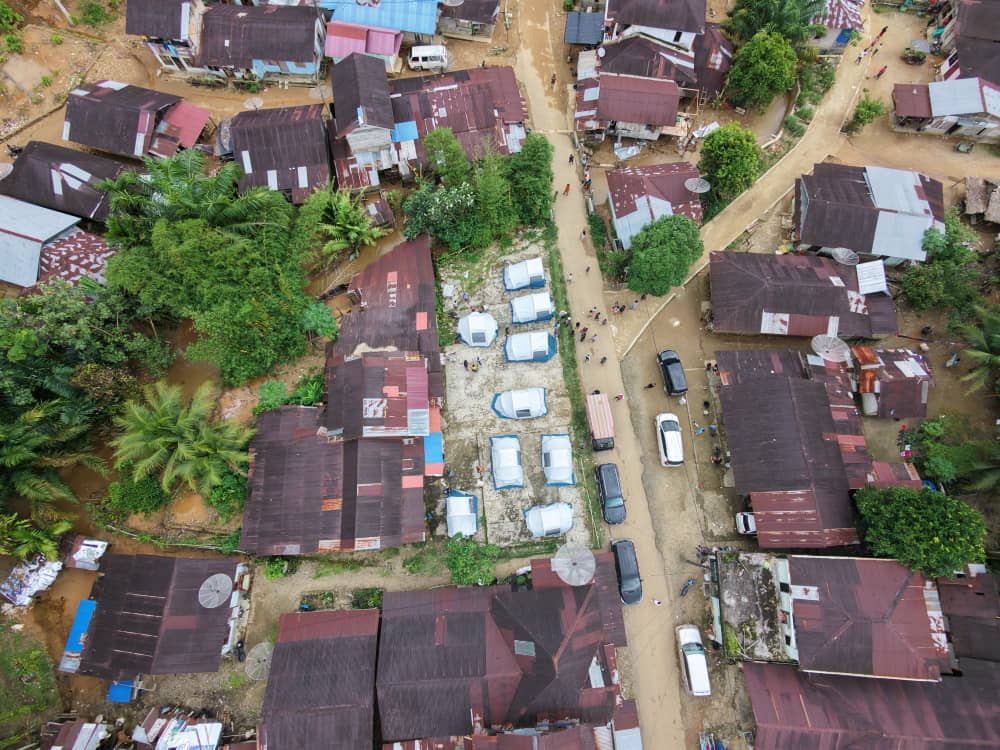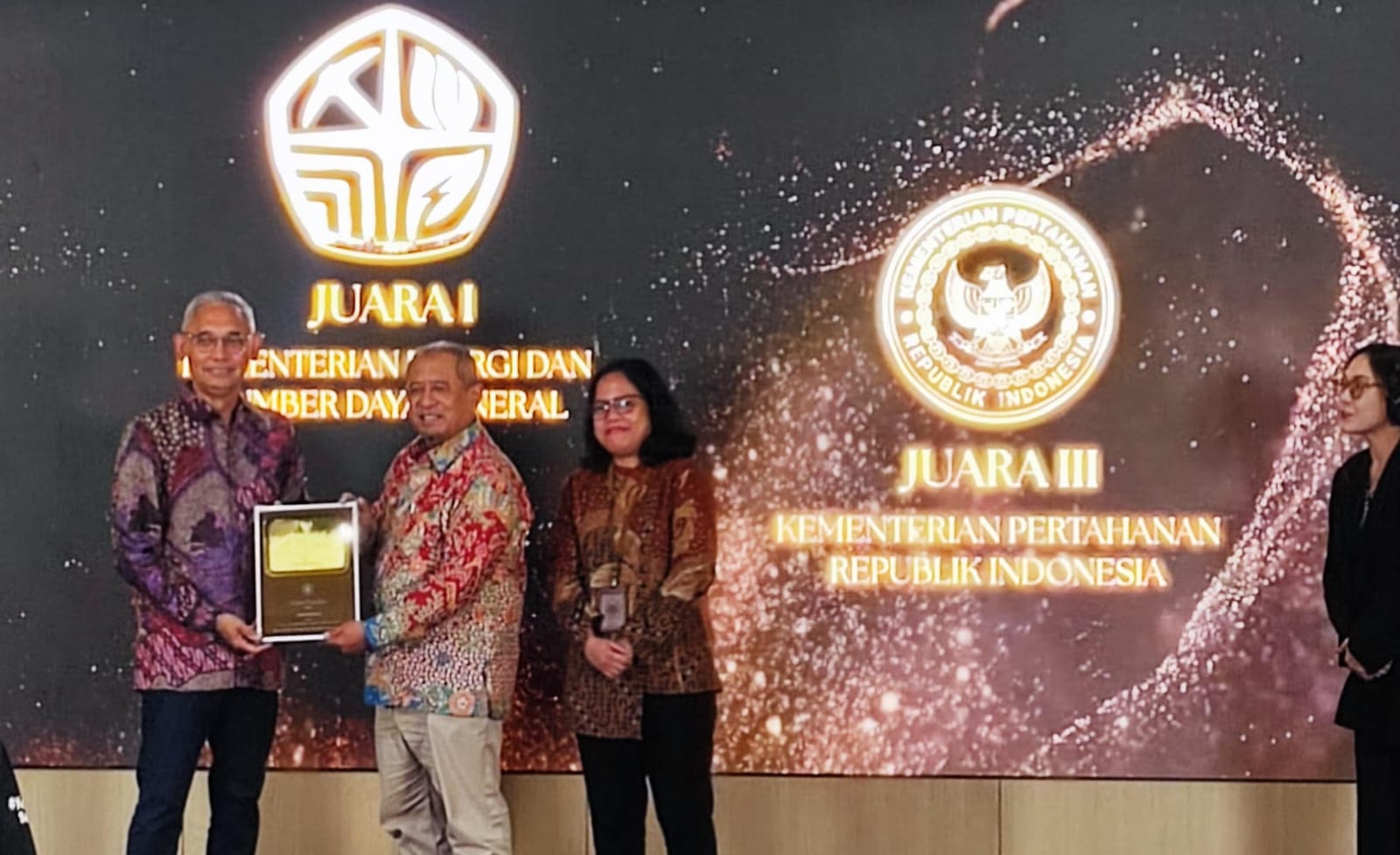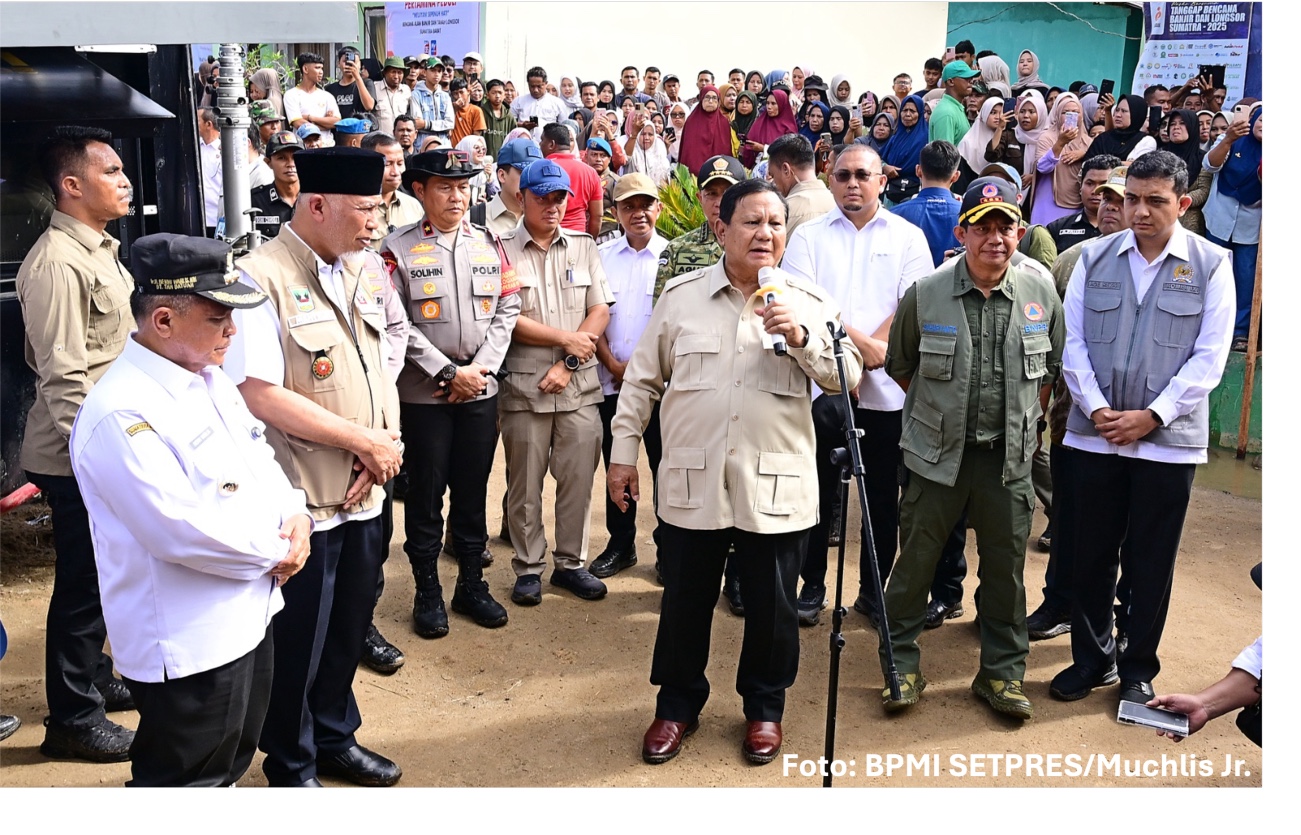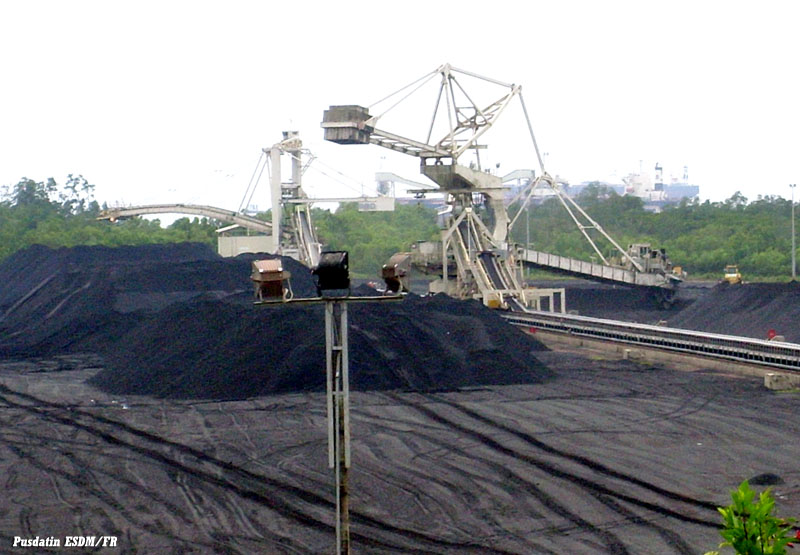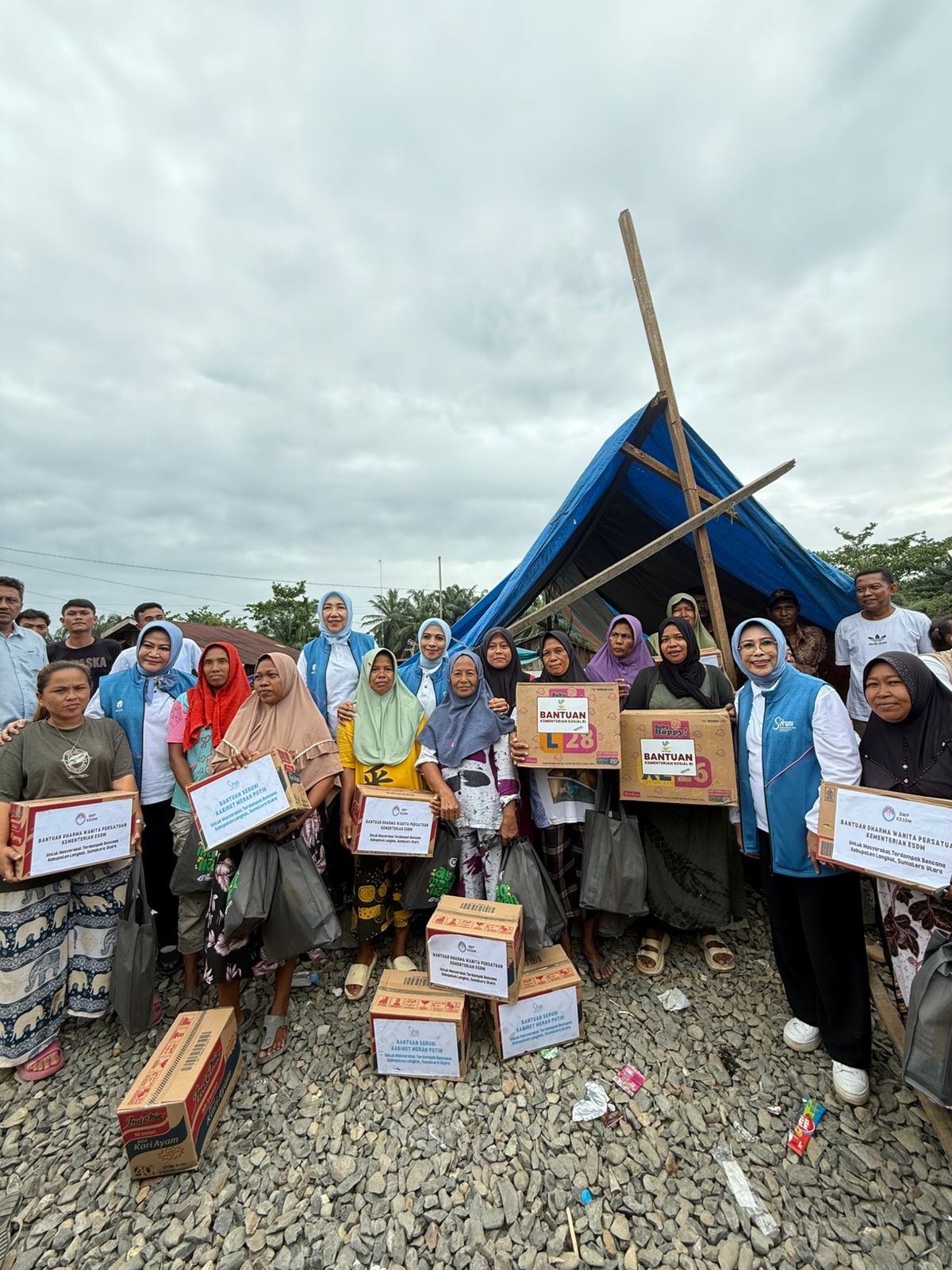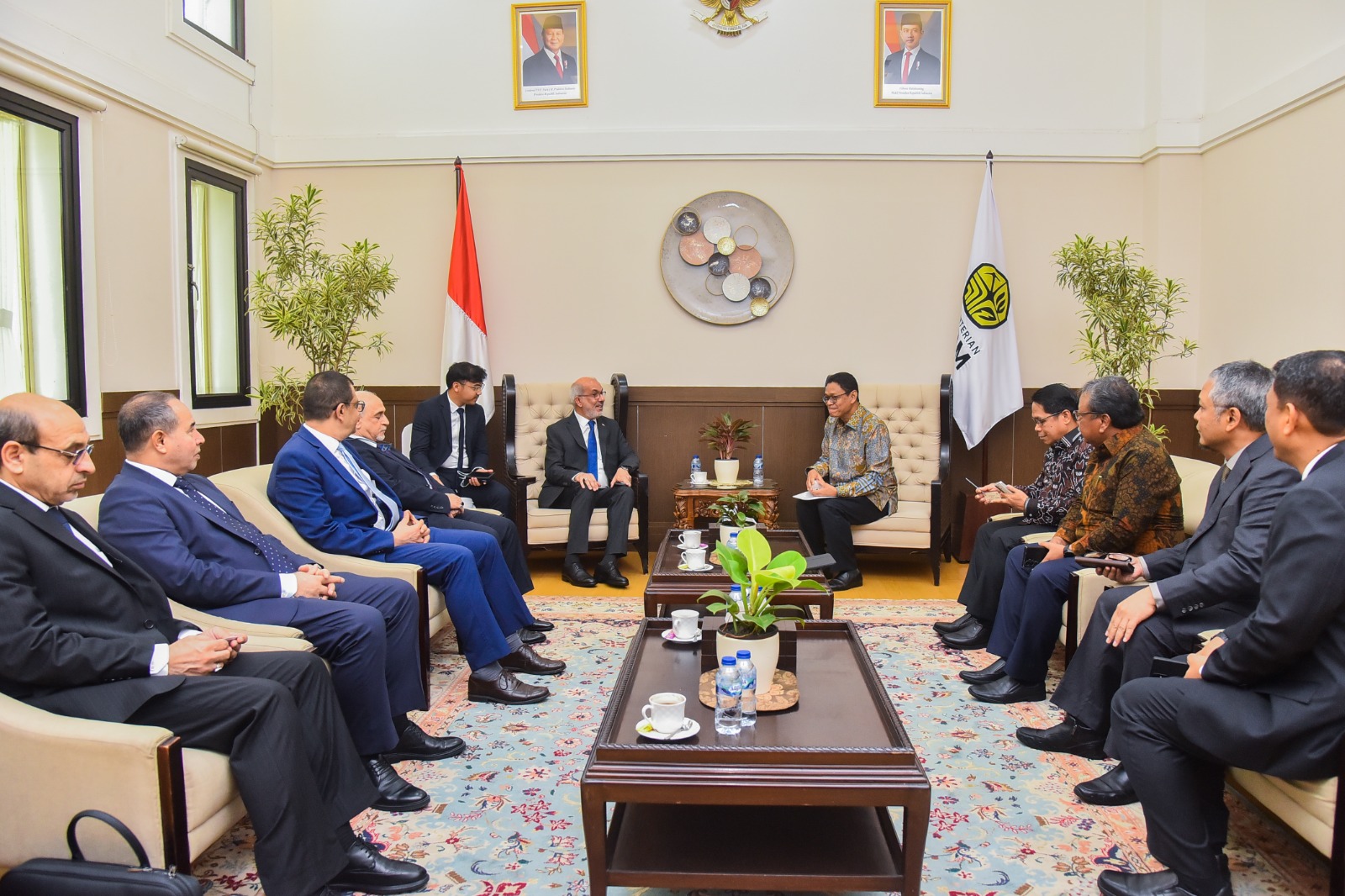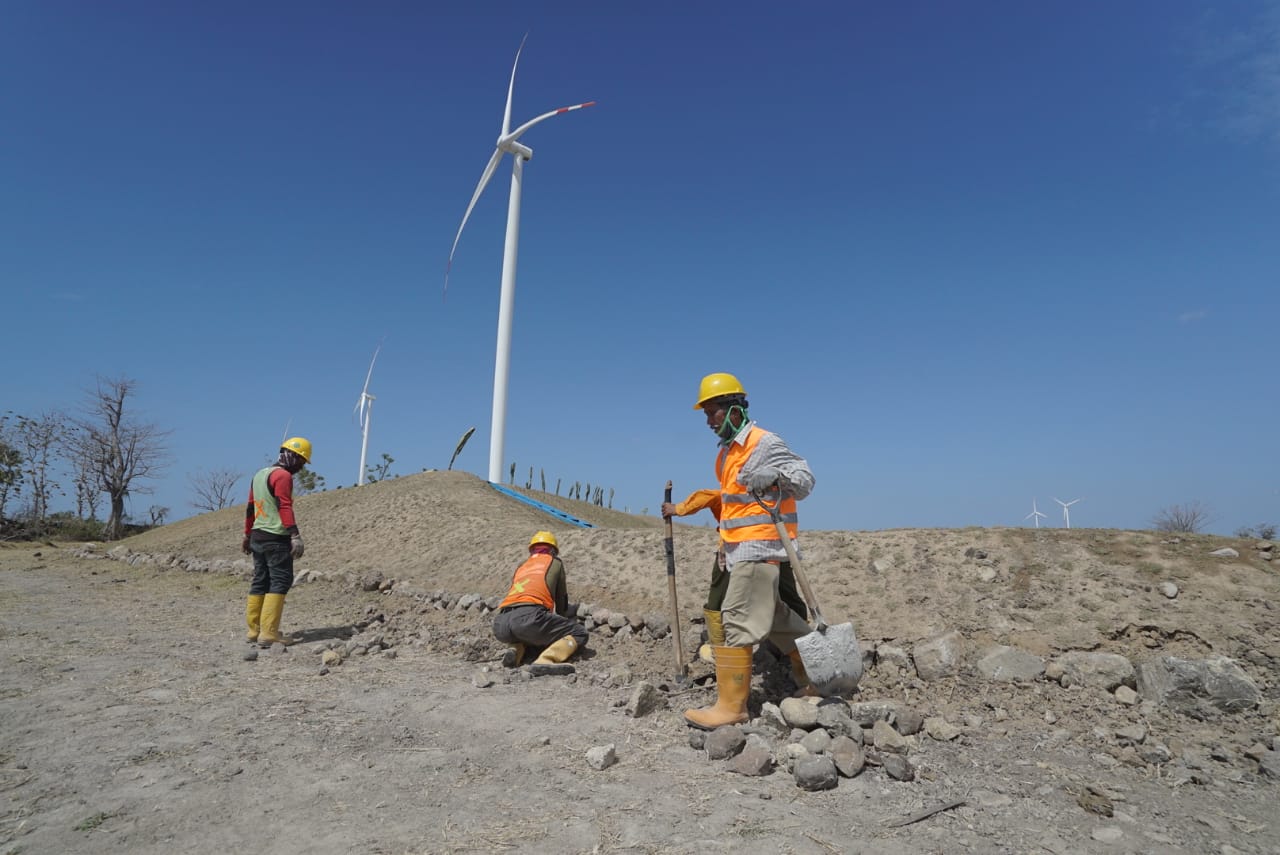
Mapping Out Covid-19 Impacts on NRE Business, Govt Prioritizes Labor-Intensive Projects
MINISTRY OF ENERGY AND MINERAL RESOURCES
REPUBLIC OF INDONESIA
PRESS RELEASE
NUMBER: 163.Pers/04/SJI/2020
Date: 22 April 2020
Mapping Out Covid-19 Impacts on NRE Business, Govt Prioritizes Labor-Intensive Projects
The Corona virus (Covid-19) pandemic has forced the rate of business growth to slow down, and the New, Renewable Energy (NRE) subsector is no exception. The Ministry of Energy and Mineral Resources (EMR) has identified the impacts of Covid-19 and issued a number of policies to buffer the negative effects.
Director of Energy Conservation of Directorate General of New, Renewable Energy and Energy Conservation, Hariyanto, said the Ministry would give several incentives and financial allowances to NRE projects.
"We've made various efforts to lessen the impacts of Covid-19 on the NRE subsector," Hariyanto said at a virtual discussion titled the Impacts of the Covid-19 Pandemic on the Electricity and Renewable Energy Subsector in Indonesia, Tuesday (21/4).
Related to funding stimulus, Hariyanto continued, the government had suspended installment of loan as well as reduced the interest rate of NRE-based projects. Other allowances are in the forms of relaxation of Commercial Operation Date (COD) and waiver of financial penalties to adjust to the procurement mechanism of Independent Power Producers (IPPs).
Subsidies from the State Budget (APBN) are given for the use of Biodiesel. On the contrary, a surcharge will be added for the use of Solar diesel.
In addition, the government has given tax incentives by suspending and waiving Value Added Tax (PPN) and Income Tax (PPh) for various NRE development.
To keep the economic wheel moving, especially in rural areas, the Ministry of EMR is focusing to speed up labor-intensive and decentralized NRE projects. "Rooftop PV systems (PLTS) at government offices or fishing industry (for cold storage), micro hydro power plant (PLTMH), and off-grid PLTS projects continue to run although a few solar panel manufacturers have reduced their production," Hariyanto said.
Meanwhile, projects funded by the State Budget will be restructured and refocused to keep community's economic wheel moving. "Programs such as Solar Street Light (PJU-TS) projects will continue to run although we reduce the volume," Hariyanto explained.
Previously, Hariyanto detailed the challenges faced by the NRE subsector due to Covid-19, for example, delayed construction/procurement of several projects had caused additional overhead cost and interest so that developers had to lay off their workers, increase in construction cost, restriction on personnel and logistic mobilization, as well as decreasing demand for electricity. (IY)
Head of Bureau of Communication, Public Information Services, and Cooperation
Agung Pribadi (08112213555)
Share This!

